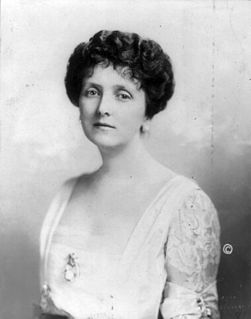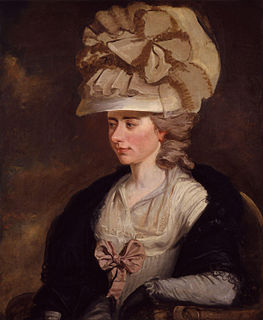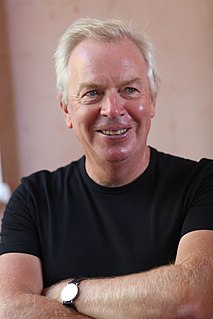A Quote by Ralph Waldo Emerson
Society is the stage on which manners are shown; novels are the literature. Novels are the journal or record of manners; and the new importance of these books derives from the fact, that the novelist begins to penetrate the surface, and treat this part of life more worthily.
Related Quotes
This is another thing which I really like investigating in my novels: what is it that makes an intimate society, that makes a society in which moral concern for others will be possible? Part of that I think are manners and ritual. We tried to get rid of manners, we tried to abolish manners in the '60s. Manners were very, very old-fashioned and un-cool. And of course we didn't realise that manners are the building blocks of proper moral relationships between people.
My only passions were books and music. As you might guess, I led a lonely life… Not that I knew what I wanted in life - I didn’t. I loved reading novels to distraction, but didn’t write well enough to be a novelist; being an editor or a critic was out, too, since my tastes ran to the extremes. Novels should be for pure personal enjoyment, I decided, not part of your work or study. That’s why I didn’t study literature
Manners are made up of trivialities of deportment which can be easily learned if one does not happen to know them; manner is personality - the outward manifestation of one's innate character and attitude toward life.... Etiquette must, if it is to be of more than trifling use, include ethics as well as manners. Certainly what one is, is of far greater importance than what one appears to be.
What my children appear to be on the surface is no matter to me. I am fooled neither by gracious manners nor by bad manners. I am interested in what is truly beneath each kind of manners...I want my children to be people- each one separate- each one special- each one a pleasant and exciting variation of all the others
Sir,’ said Stephen, ‘I read novels with the utmost pertinacity. I look upon them--I look upon good novels--as a very valuable part of literature, conveying more exact and finely-distinguished knowledge of the human heart and mind than almost any other, with greater breadth and depth and fewer constraints.
In Pakistan, many of the young people read novels because in the novels, not just my novels but the novels of many other Pakistani writers, they encounter ideas, notions, ways of thinking about the world, thinking about their society that are different. And fiction functions in a countercultural way as it does in America and certainly as it did in the, you know, '60s.
Mirabelle replaces the absent friends with books and television mysteries of the PBS kind. The books are mostly nineteenth-century novels in which women are poisoned or are doing the poisoning. She does not read these books as a romantic lonely hearts turning pages in the isolation of her room, not at all. She is instead an educated spirit with a sense of irony. She loves the gloom of these period novels, especially as kitsch, but beneath it all she finds that a part of her indentifies with all that darkness.
I like to be surrounded by books. My wife Evelyn has a Ph.D. in comparative literature, so we have a lot of her Spanish and German literature books which are wasted on me, plus a lot of novels and books on art and architecture shared by us both. Evelyn used to edit an art magazine called 'FMR,' so we have a common interest in design.










































